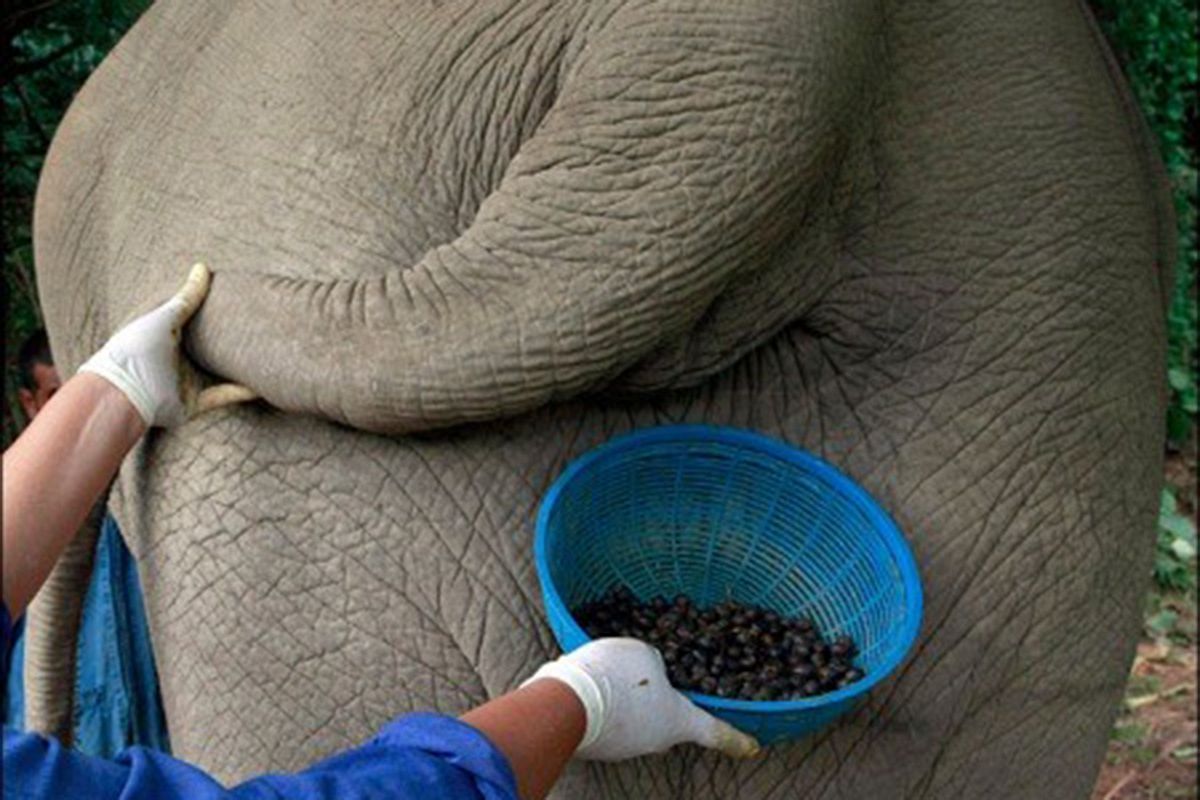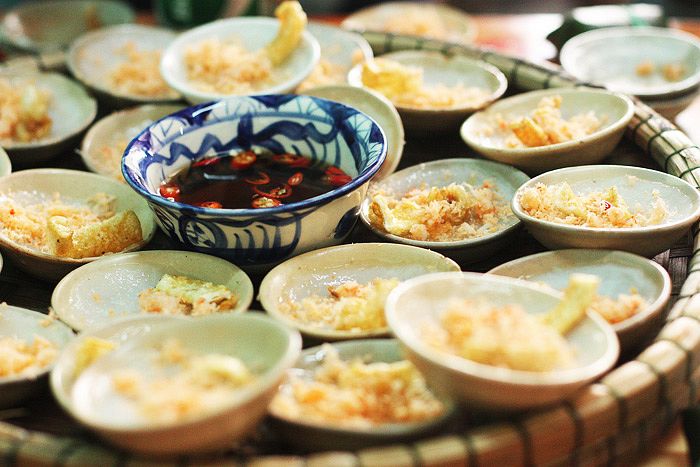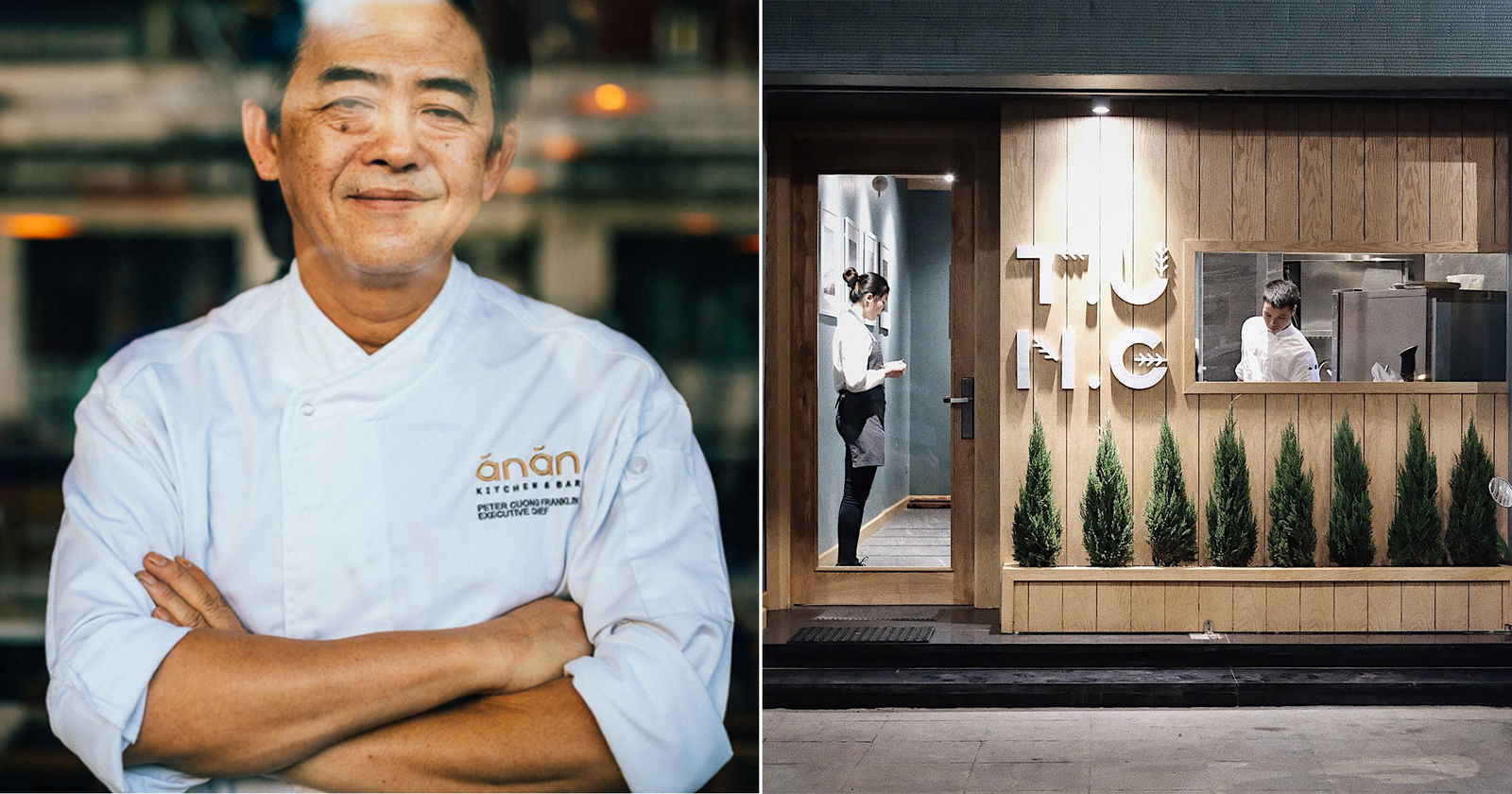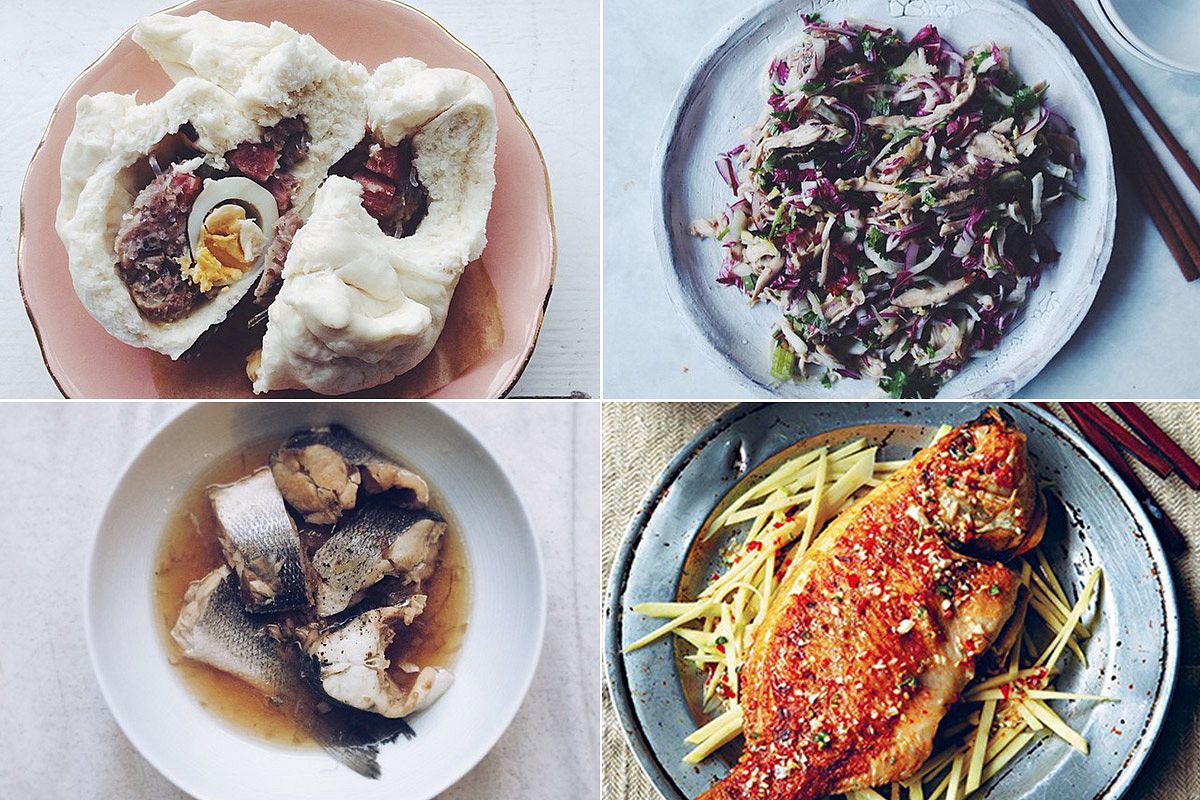The Taiwanese government continues to wage a war against betel nut addiction, but considering the cultural ties to the native plant, it is proving incredibly difficult.
While it appears the Asian continent is cracking down harshly on the use of hard drugs, it seems that another stimulant has slipped quietly under the radar for generations: the betel nut, or cau in Vietnamese. With its blood red juice, this ubiquitous seed is the most common mind-altering substances in the world, alongside alcohol, nicotine, and caffeine.
In 2003, the World Health Organization began raising awareness of the carcinogenic properties in areca nut (commonly known as betel nut). The study showed that rates of oral cancer were highest in areas where betel quid (the areca nut wrapped in betel leaves, or lá trầu, with herbs and tobacco) was chewed, estimating that 58% of cases occurred in Southeast Asia.
Taiwan had a particularly close relationship to the plant, with around 20% of the population (mostly working class men) chewing quid and many of its farmers’ livelihoods depending on this crop. The Taiwanese even had a group of young women, dressed in bikini tops and miniskirts known as “Betel Nut Beauties,” peddling the nuts to male customers on the roadside.
Taiwan's "Betel Nut Beauties." Video via YouTube user Steven Domjancic.
Chewing betel nut is especially popular among working class men, as the buzz it provides, accompanied with its appetite suppressing qualities, helps users cope with long hours of manual labor. Unfortunately, for those who chew quid, their risk of developing oral cancer is 28 times higher than that of a person who does not partake in the cultural habit, according to the health ministry.
In 2014, the Taiwanese government established a plan to incentivize farmers of areca nuts to grow other things instead. Channel News Asia reported that it “is attempting to reduce the amount of betel nut available as part of its plan to tackle the issue. It subsidizes farmers as much as TW$250,000 (US$8,315) per hectare if they convert to other crops.”
Authorities concede the program has not yet made huge progress. Of the 42,940 hectares of betel plantations in Taiwan, only 435 have changed crops under the initiative. This is because the subsidy is not enough to cover the period of transition from one crop to another. It is also, perhaps, because of ignorance.
Many locals admitted that most people were unaware of the harmful effects, even those who were suffering from cancer. "I didn't think it was possible. Other people chewed it for years and nothing happened to them," said former addict Chen Yung-an, now 53, who had a tumor removed three years ago, taking out a chunk of his right jaw.
As Taiwan’s government treads carefully trying to balance between farmers, vendors, and the health of its citizens, other Asian countries can take note of the process.

A betel nut party in Vietnam.
Vietnam has a very close relationship to the areca nut, though the addition of tobacco is more recent. Legends link the plant to strong, prosperous marriages, making it a difficult habit to shake. As the dangers of the plant become more widely known, eventually Vietnam will have to offer solutions as well.
[Top photo via Flickr user lajung]














